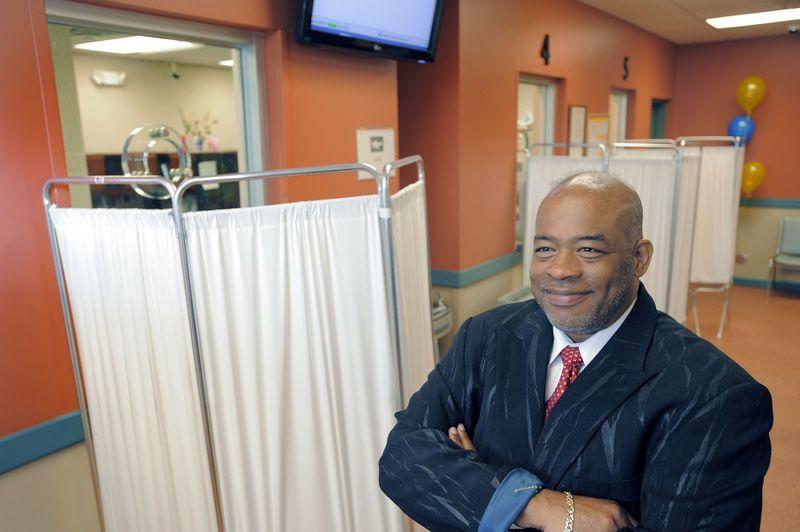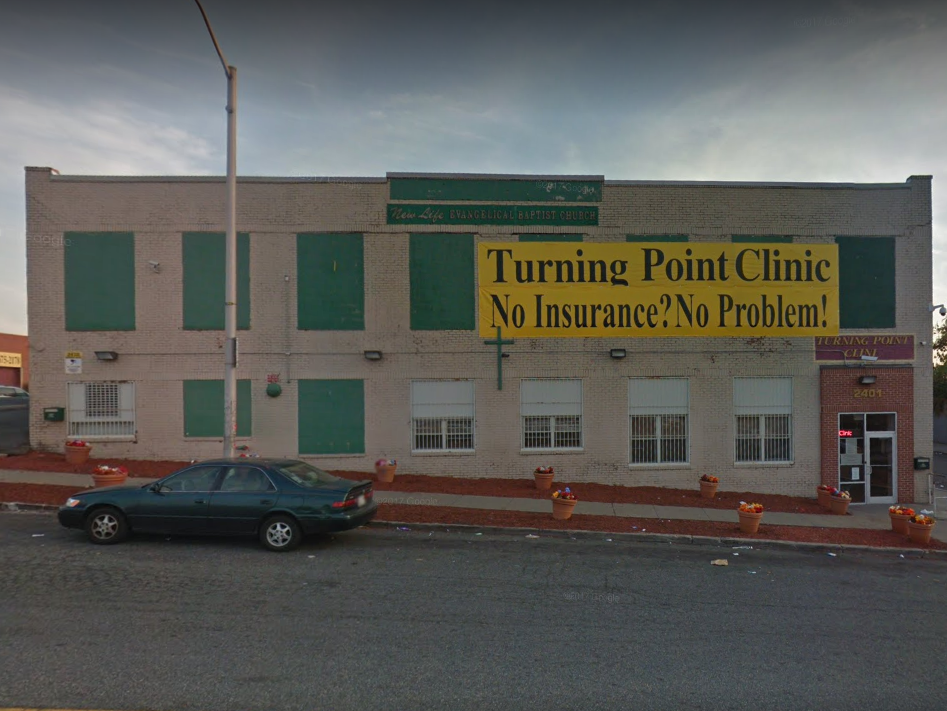Baltimore Streets Flooded With Methadone And Suboxone During Pandemic
Methadone clinics across Baltimore City are flooding neighborhoods with “a lot” of addiction-treatment medicines after federal regulators relaxed take-home restrictions amid the COVID-19 pandemic, reported The Baltimore Sun.
In pre-corona times, addiction treatment medicines, such as methadone or Suboxone, were limited by clinics to avoid abuse or resold on the streets. Now because of relaxed federal rules, addicts can receive up to a month’s supply in one visit.
The Rev. Milton Emanuel Williams Jr., the pastor of New Life Evangelical Baptist Church, also the operator of Turning Point Clinic, said his facility usually doses out a day’s worth of methadone or Suboxone from his East Baltimore clinic to addicts. Now he’s sending them home with a massive 28-day supply.

“We’re putting a lot of methadone and Suboxone on the street right now, which is a huge concern to me,” said Williams. “There are folks who can’t handle all this medication.”
Williams said a month’s supply of medicine would keep addicts out of the clinic to limit his medical staff’s exposure to a patient that could be a COVID-19 carrier.
The Sun notes that the federal government relaxed take-home rules for clinics to decrease the spread of the virus.
Williams’ clinic regularly treats 2,000 addicts per day. Now his staff is dressed head to toe in protective gear while “It’s almost impossible, in giving compassionate care, to not get close to people,” he said.

Nonprofit Charm City Care Connection, located in East Baltimore and is a clean needle site, said it had reduced hours as well as the city’s health department’s needle-exchange program.
“People are having a much harder time getting clean syringes,” said Natanya Robinowitz, director of Charm City Care Connection. “People are just having to reuse multiple times or they’re having to share needles.”
Robinowitz believes the city limiting hours of specific health programs, such as needle-exchange, could lead to an outbreak of hepatitis C or HIV.
More than 20,000 opioid addicts live in Baltimore. The virus outbreak has not slowed the drug trade, but with tens of thousands of newly unemployed people in the region, drug usage could surge.
Col. Richard Worley, the city’s chief of patrol, told The Sun that drug dealers are now wearing masks and gloves on street corners.
Dr. Yngvild Olsen, medical director for the Institutes for Behavior Resources Inc., which runs an addiction treatment center in the city, said heroin pills that generally cost $6 on the streets are going for “$2 to $3 a pill,” she said. “One of the big questions is, what is happening with the drug supply?”
The main reason for price declines is that subgrade heroin is being pumped into the streets.
Olsen said social distancing measures had taken away from group sessions and counseling for addicts. Many drug therapy sessions have now gone online.
Williams said a 28-day supply of addiction treatment medicine has a street value of $2,000. Methadone is dangerous and can still cause overdoses. He said some patients are likely to sell their pills.
Nora Volkow, the director of the National Institute on Drug Abuse, recently told Politico that the pandemic could derail President Trump’s progress in countering the opioid crisis.
“I think we’re going to see deaths climb again,” Volkow said. “We can’t afford to focus solely on Covid. We need to multitask.”
Since the rule to relax take-home medicine was on a federal level, that now means clinics across the country are flooding methadone or Suboxone into communities at a very high degree.
And in California, officials are putting the homeless and addicts in hotels, ignoring social distancing rules.
Tyler Durden
Mon, 04/13/2020 – 21:05